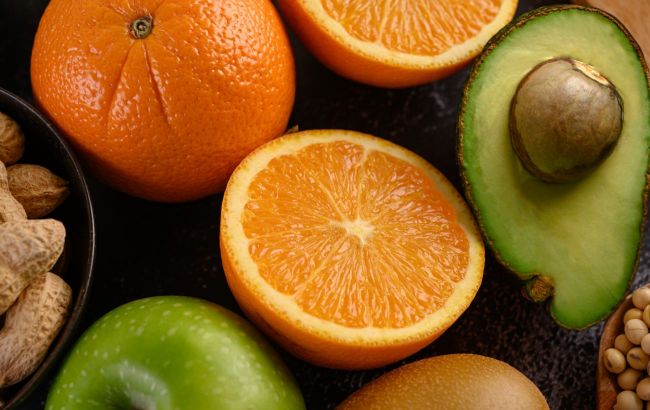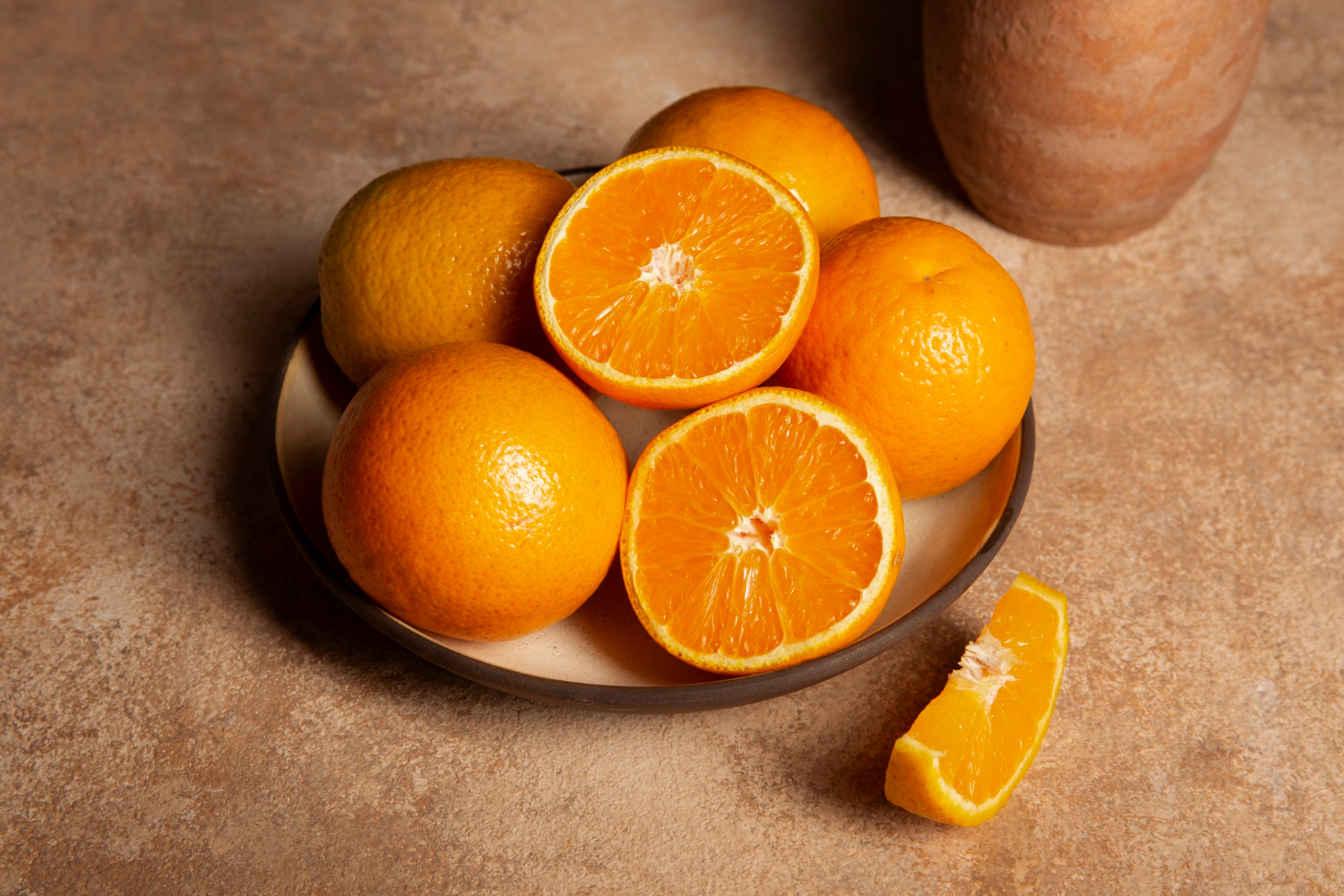Top low-sugar products: Choosing healthier options
 Which foods have the least sugar (illustration: Freepik)
Which foods have the least sugar (illustration: Freepik)
A balanced diet has a significant impact on our health and well-being. Some foods, such as certain fruits and berries, in addition to being a source of fiber, do not contain much sugar, so they are a good choice for controlling blood sugar levels, according to Health.
Sugar in fresh fruit and dried fruit
Although fruits contain natural sugars, they are still a healthier option than sweets for those who are watching their intake of this element.
Fresh fruits and berries with a low glycemic index can help control blood sugar levels by providing the body with essential nutrients such as vitamin C, fiber, and antioxidants.
Dried fruits, on the other hand, while containing important nutrients, are higher in sugar.
Which fruits and berries contain the least sugar
Grapefruit
This tart citrus fruit with many nutritional benefits is a popular breakfast food. Although grapefruit is relatively low in sugar, it is an excellent source of vitamin C.
Half a medium-sized grapefruit contains 8.5 g of sugar and 43% of the daily value of vitamin C. Grapefruit also has a low glycemic index, which means that it takes longer to digest and therefore causes a smaller and slower rise in blood sugar.
Kiwi
These small green fruits have a low glycemic index and are a good source of fiber and vitamin C. One kiwi fruit contains 7 g of sugar and provides 62% of the daily value of vitamin C and 2.3 g of fiber while containing only 48 calories.

Kiwi is a low-calorie source of fiber and vitamin C (photo: Freepik)
Avocado
Avocado is a low-sugar fruit that is incredibly nutritious. One whole fruit contains less than half a gram of sugar.
Avocados also contain 9 grams of fiber. And because it's rich in monounsaturated fats, avocados can also help lower cholesterol and improve heart health.
A recent study showed that avocado consumption can improve blood sugar control by affecting cardiometabolic risk factors as well as overall diet quality in adults with insulin resistance (when the body has difficulty removing glucose from the blood).
Orange
Orange is a sweet citrus fruit that can fit into a low-sugar diet. One orange contains just under 13 grams of sugar. In addition, one orange provides 3 grams of fiber and 70% of the daily value of vitamin C, which is essential for immunity and skin health.
In addition, oranges are high in water content, which will help you stay hydrated.

Oranges, in addition to vitamin C, contain a lot of water (photo: Freepik)
Berries
Berries are generally lower in sugar than most fruits. In particular, 1 cup of unprocessed berries, depending on their type, contains this much sugar:
- Raspberries: 5 g
- Strawberries: 7 g
- Blackberries: 7 g
Blueberries contain the most sugar - 15 grams of sugar per 1 cup of berries. But blueberries have other positive properties and benefits. For example, regular consumption of moderate amounts of berries is associated with a lower risk of developing type 2 diabetes.
Berries are also rich in fiber, polyphenols, and vitamins. In addition, they have a low glycemic index and improve hemoglobin HbA1c levels.
Earlier, we talked about which foods invigorate no worse than coffee and discussed what foods increase blood pressure.
This material is for informational purposes only and should not be used for medical diagnosis or self-treatment. Our goal is to provide readers with accurate information about symptoms, causes, and methods of detecting diseases. RBС-Ukraine is not responsible for any diagnoses that readers may make based on materials from the resource. We do not recommend self-treatment and advise consulting a doctor in case of any health concerns.

